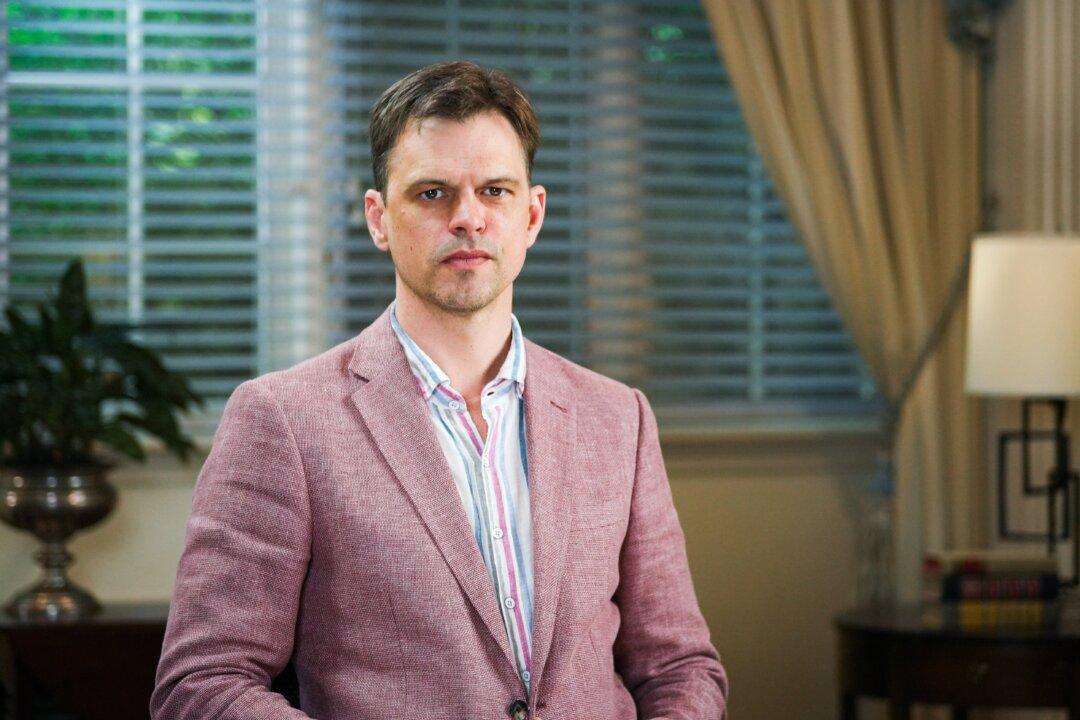In a recent episode of American Thought Leaders, host Jan Jekielek and Dr. Aaron Kheriaty discuss the origins of totalitarianism, censorship, and antidotes to tyranny. Dr. Kheriaty is a former professor at the University of California, Irvine, and former director of the medical ethics program at UCI Health. The author of “The New Abnormal: The Rise of the Biomedical Security State,” he is now director of the Program in Bioethics and American Democracy at the Ethics and Public Policy Center. He is also a plaintiff in the Missouri v. Biden free speech case.
Jan Jekielek: You’ve said that totalitarianism begins by monopolizing what passes for rationality and knowledge.






